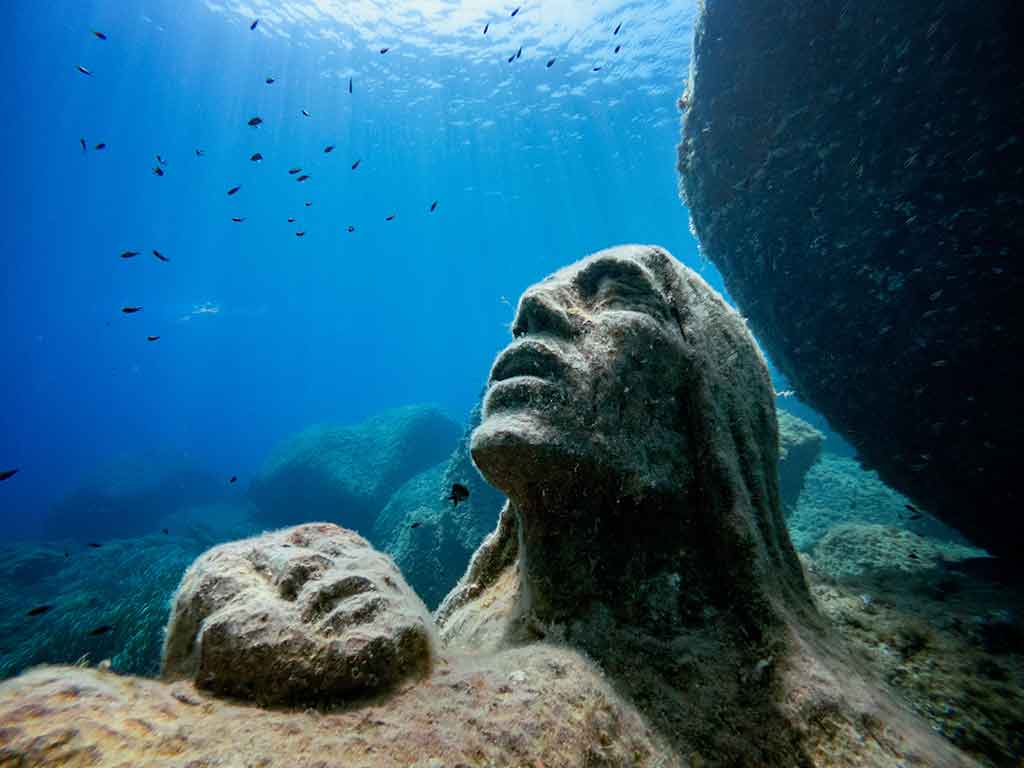Welcome
to Villasimius Italy. If you’are planning to visit Villasimius for your next trip and you are
looking for the best places to visit, here you’ll find tips and suggestions of most
popular point of interest and activities not to be missed in Villasimius and surrounding.
Travelers will appreciate this italian town with
his rich historical and artistic heritage, local culture and environment. Discover the monuments, buildings, natural
treasures and all the details that characterize Villasimius and its territory. Share and suggest a place you've
visited.

Madonna of the Wreck, Villasimius
Sardinia is for everyone a symbol of sun, sea, holidays and relaxation. Traveling along its coasts you will encounter endless white beaches and inaccessible headlands. Taking the southeast part of the island as a starting point, you can find many interesting places to discover. Going out of the center of Villasimius and following the road to the east we arrive at the beach of Riso and the Smius beach, large beach that runs south to the Torre di Porte Giunco.
Walking to the south at some point we even seem to be between two seas! Looking well, one realizes that this is not really the case, on the one hand there is really the sea, but on the other hand you can find it Pond degli Notteri, a lake full of brackish water where various species of waterfowl live, including flamingos. All birds are quite accustomed to the presence of man and get close to a reasonable distance before getting up in flight and moving towards the center of the pond.
Continuing along the beach we arrive at the T orre di Porto Giunco, an old Aragonese watchtower that can be reached following a path in climb and from which you can enjoy a beautiful view of the surrounding sea. In the far south is the famous Capo Carbonara, reachable only on foot. The Marina di Capo Carbonara nature reserve extends in front of the coast to the Isola dei Cavoli where you can visit the famous lighthouse.
Returning from the western side we can visit the Old Fortress, building of the sixteenth century that served as a control station on the sea.
written by Christopher Clayton - Last update: 21/08/2022
This guide has been translated automatically through a third party service. Visititaly offers these automatic translations to help site visitors, however the automatic translations may contain inaccuracies, errors or inaccuracies. You can contact us to report inaccuracies or errors and we will check the translation.